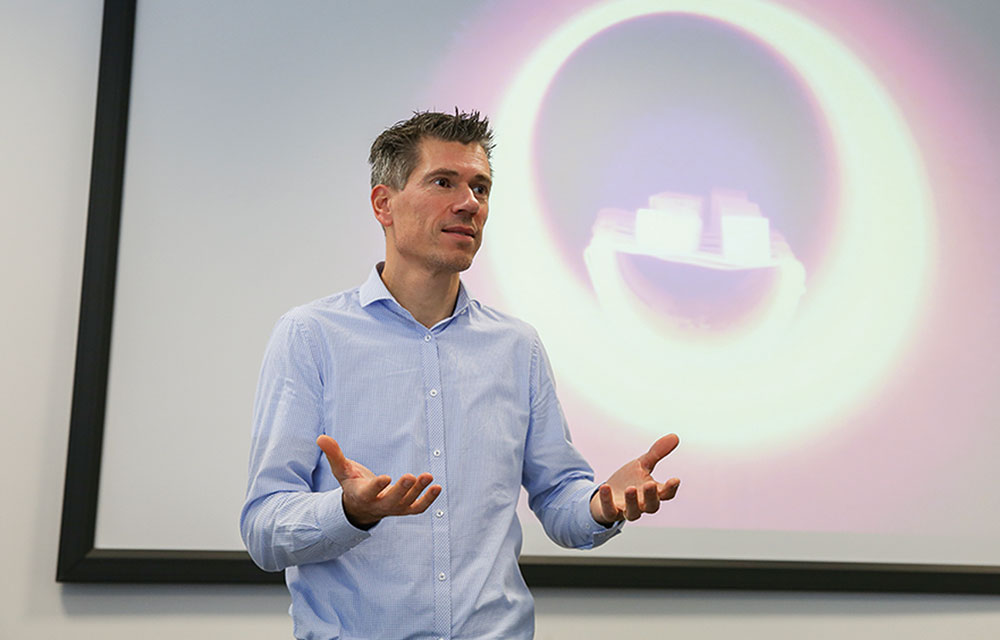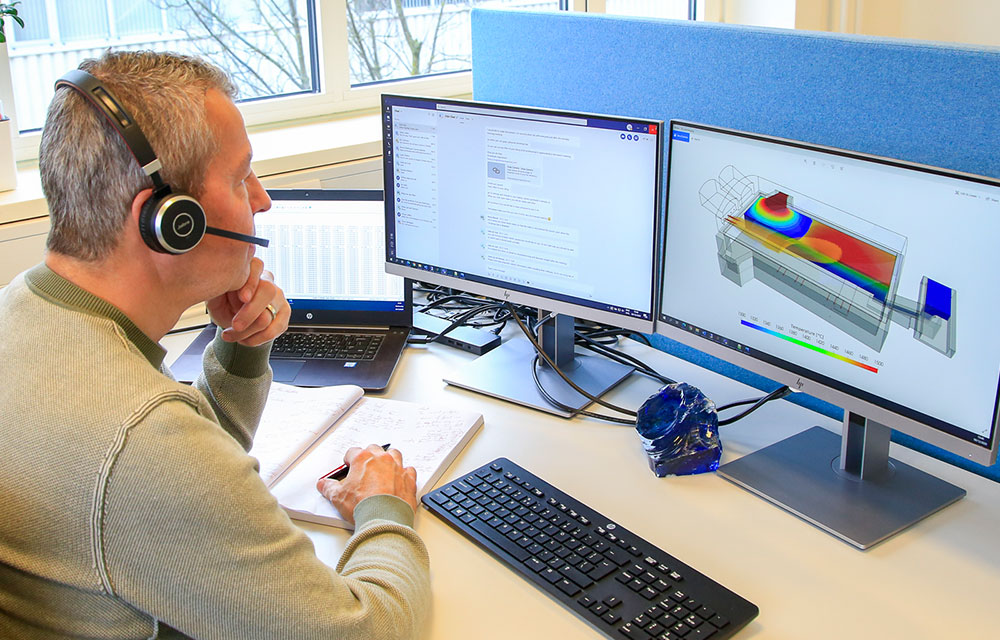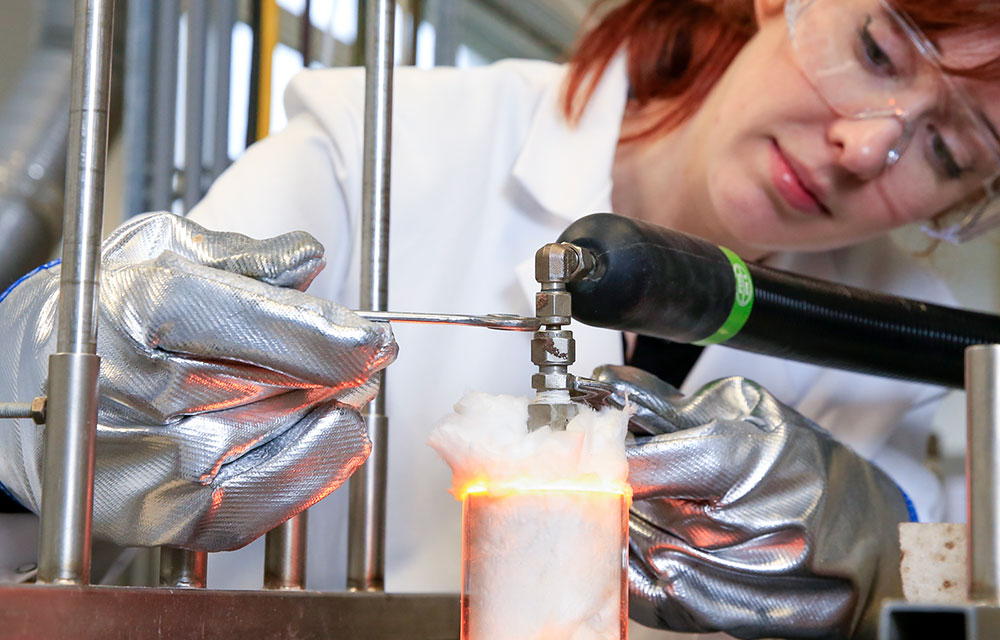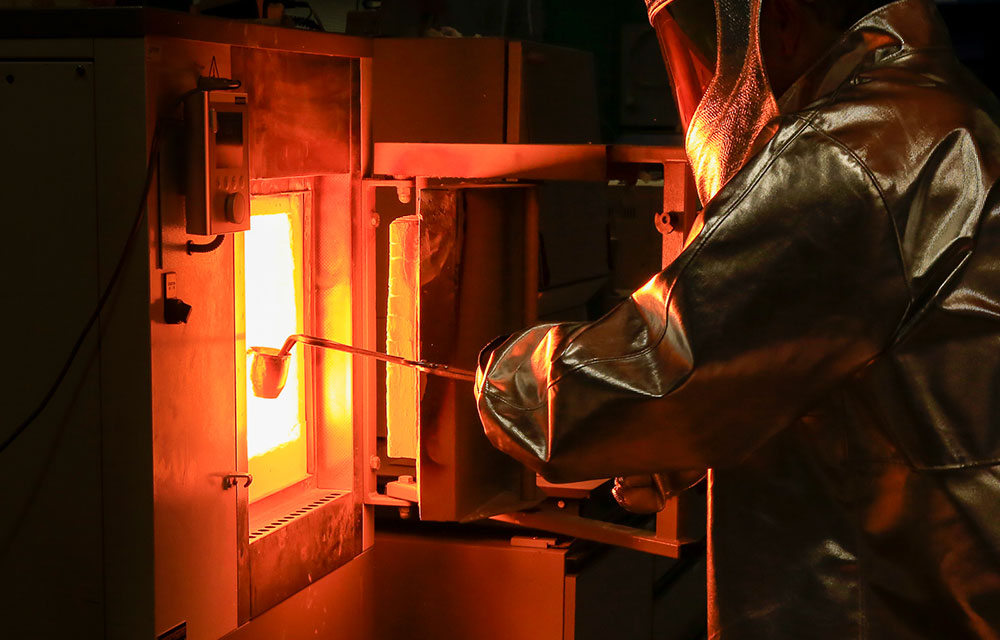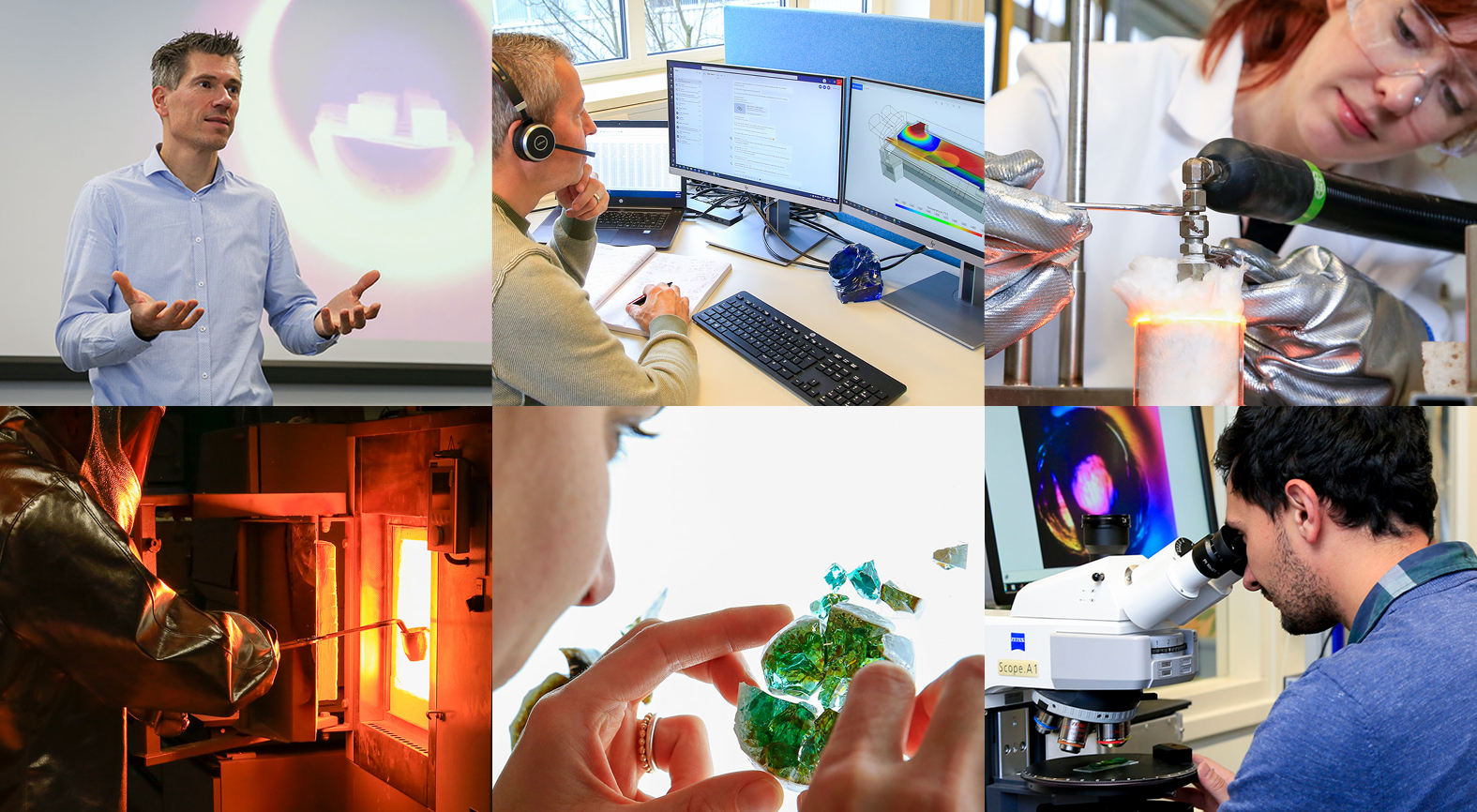BURNERS, COMBUSTION, NOX EMISSIONS AND DECARBONIZATION (INTRODUCTORY TRAINING)
The use of fossil fuels in glass furnaces continues to have a significant impact on energy consumption and emissions. Heat transfer and the production of aggressive and harmful species like NOx are influenced by combustion settings and burner types. The course will cover the many factors causing pollution as well as strategies to reduce using both primary (process integrated) and secondary (end-of-pipe) techniques. These same methods will be used to examine decarbonization in a new section of the course.
Contents
• Combustion mechanisms
• Emissions sources and legislation
• Glass furnace energy balance
• Radiation and heat transfer
• NOx formation
• Burner types
• Staged combustion
• Carry-over and evaporation
• Impact of combustion on redox
• Combustion monitoring & control
• Abatement technologies
• Introduction to decarbonization
• Biogas and Bio fuels
• Hydrogen combustion
After the training you will:
• Recognize the mutual connection between batch components and the combustion atmosphere on the one hand, and glass quality and furnace lifetime on the other
• Know how to calculate industrially reasonable emission limits for various glass and furnace types
• Be familiar with emissions-reducing measures
• Identify the sources of emissions and develop mitigation strategies
Training methods
We offer a blended learning approach by mixing e-learning, lectures, open discussions, exercises, and case studies in teams or individually. The number of participants per course is between 8 and 20 to maximize your learning experience. Participants always receive the presentations and a training certificate.
Level of seniority
This training is meant for novice to junior professionals who would like to improve their understanding and apply the knowledge during practical cases.



Price excludes tax and duties.
The 6th participant from the same company can join for free.

